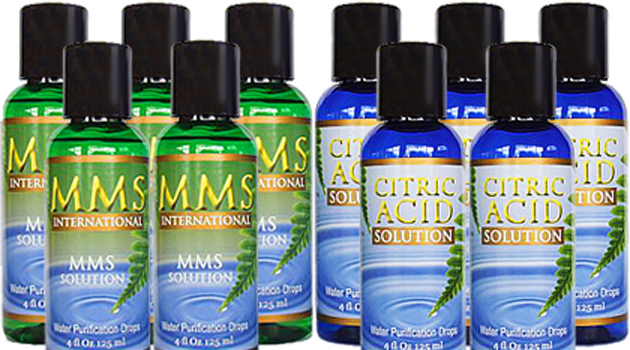
What You Should Know about USANA
Supplement MLM takes down dozens of deceptive claims following TINA.org investigation.
Consumers are reminded that dietary supplements are regulated differently from drugs, which are approved by the FDA.
|
In contrast to prescription drugs, supplements and other therapeutic treatments are not under the same intense scrutiny by government agencies, which is how so many bogus – and sometimes dangerous – products fly under the radar and make it into our medicine cabinets. Consumers are bilked out of billions of dollars each year by taking supplements, some getting sicker or even losing their lives as a result. Case in point: the 16,000 people who reported adverse reactions to herbal concoctions containing ephedra, such as the popular Metabolife supplement system. Eventually pulled from the market by the FDA, the herbal remedy was responsible for the death of several people including athletes Korey Stringer (Minnesota Vikings offense lineman) and Steve Bechler (Baltimore Orioles pitcher).
Given the ease of setting up shop online, the vast majority of the scams in the health arena are now found on the Internet. In fact, of the 119 billion spam messages sent every day around the world (Commtouch Q2 quarterly report), the number one topic is “pharmacy spam.” Thanks to A technique used by online advertisers where they capture data generated by website visitors in order to make their marketing more effective, a simple search for something as innocuous as “rash” will result in An advertisement that pops up in a new window when you’re browsing the internet. and banner ads for healing remedies that will follow you wherever you go during an Internet session.
So what can you do to protect yourself? When evaluating advertisements for therapeutic drugs, supplements, devices, and drugs, watch out for these red flags:

In 2008, pharmaceutical giant Pfizer pulled Lipitor ads featuring Dr. Robert Jarvik in a campaign that reportedly cost $258 million to make (of which Dr. Jarvik was paid $1.35 million) after a congressional committee raised questions about the commercials. Turns out that Dr. Jarvik, credited with helping to invent the artificial heart, is not a cardiologist. And though he appears to be giving medical advice in the ad, he is not even a licensed practicing physician. As if that wasn’t bad enough, some of the ads also featured a body double rowing across a mountain lake to make Dr. Jarvik appear more athletic and fit (because of all that Lipitor he’s been taking of course).See Dr. Jarvik on our Wall of Shame.
This story was updated on 10/30/15.
Supplement MLM takes down dozens of deceptive claims following TINA.org investigation.
Comparing the amount companies agree to pay to settle deceptive marketing charges with their annual revenue.
Webpage promoting ED pill is the quintessential example of fake news.


